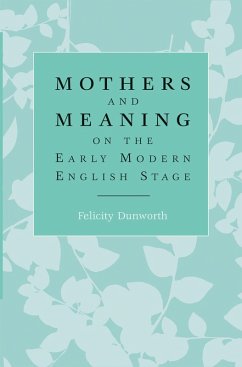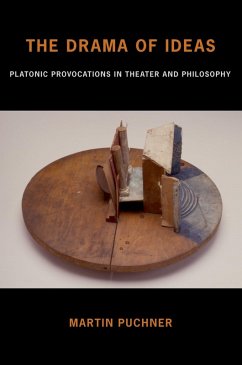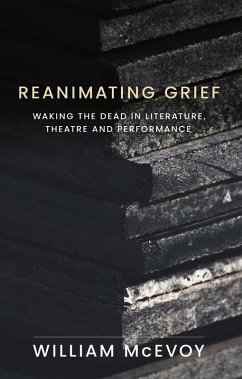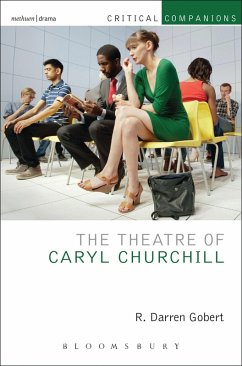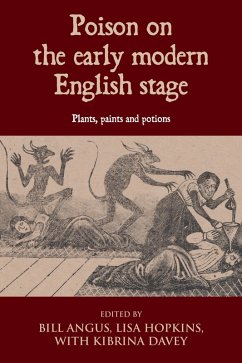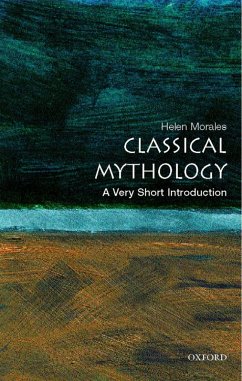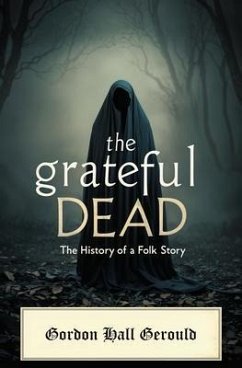
Playing for time (eBook, ePUB)
Stories of lost children, ghosts and the endangered present in contemporary theatre
Versandkostenfrei!
Sofort per Download lieferbar
16,95 €
inkl. MwSt.
Weitere Ausgaben:

PAYBACK Punkte
8 °P sammeln!
Playing for time explores connections between theatre time, the historical moment and fictional time. Geraldine Cousin persuasively argues that a crucial characteristic of contemporary British theatre is its preoccupation with instability and danger, and traces images of catastrophe and loss in a wide range of recent plays and productions.
Dieser Download kann aus rechtlichen Gründen nur mit Rechnungsadresse in A, D ausgeliefert werden.




